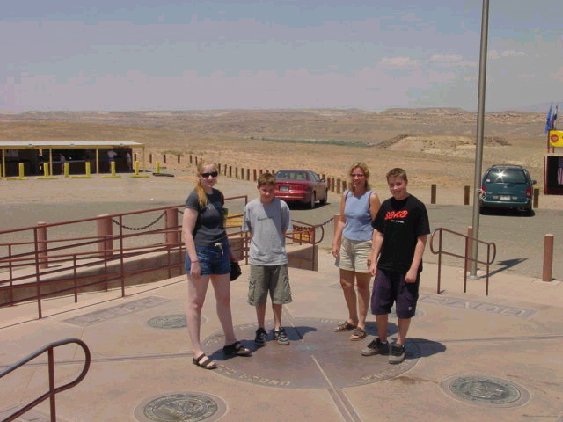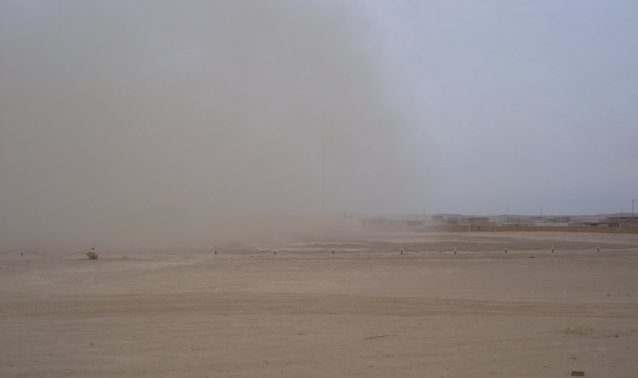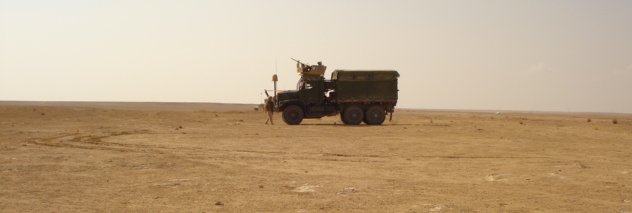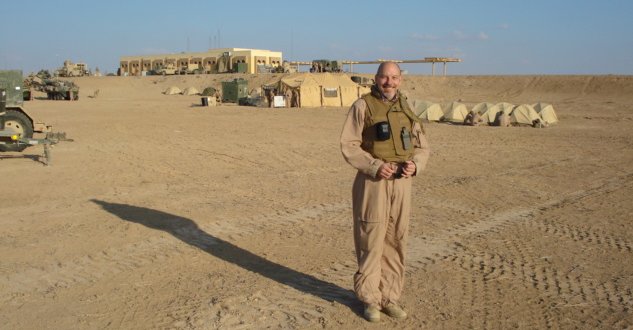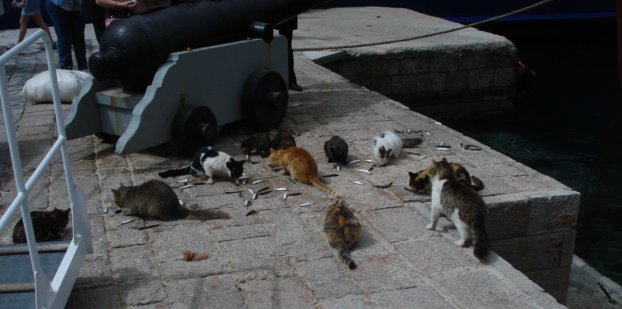I didn’t have a picture to go with this post, so I fished this out of the files. It is from Milwaukee near the lake. On top of the old building is the Schlitz globe. This is an interesting historical study. Schlitz was once the world’s biggest brewer, but it declined and disappeared in the course of around ten years. I used to think it was because my father, a big beer drinker, switched from Schlitz to Pabst and ultimately to Bud (which is not really beer, since it is made from rice) but I suppose there were other reasons too.
Its former headquarters are now yuppie condos. I think they call them “Brewer Hill.” Milwaukee no longer gets that sweet smell of fermentation I recall riding my bike past the place in the early mornings on my way to a job at Mellowes Lockwasher factory on the north side.
Schlitz became famous and “made Milwaukee famous” in 1871, when Joseph Schlitz sent wagon loads of beer as a relief measure to the victims of the great Chicago fire, better than the usual donations, IMO. The other historical curiosity involved in this is that most people have heard of the Chicago fire. Fewer know anything about the great Peshtigo fire, which happened about the same time. The Peshtigo fire was the largest fire in North America. It destroyed thousands of acres and didn’t stop until it hit Lake Michigan. These guys didn’t get any beer.
I have not been to Peshtigo in more than thirty years, but I still remember that you could see the mark on the ecology even a century later, with the relatively even aged old growth.
The Study of History
When I talked about big Arnold in college I meant Toynbee, not Schwarzenegger. Arnold Toynbee started off as a classical historian and developed a comprehensive theory of history. I think he was the last serious historians to try such a thing. Nobody dares do that today. Any comprehensive theory will be wrong in some specifics. Legions of grad students and professors will find and amplify those errors until they are like a festering bucket of puss on an otherwise glittering career. Today they will be joined by an even larger group of internet searchers who like nothing better than to enhance their nerdy little status by pulling down somebody big.
Professional historians today study esoteric fields where nobody has bothered to go before (often for good reason), preferably ones dominated by obscure sources or oral histories (which are usually protean and riddled with error but impossible to debunk). Today’s great historians, such as David McCullough, Joseph Ellis, Victor Davis Hansen or the late Stephen Ambrose, are often derided by the cognoscenti as popularizers. It is too bad. People, ordinary people, are hungry for the sweep of narrative history. That is why “The History Channel” is so popular, why “Band of Brothers” sells so well on DVD or why even semi-historical series such as “Rome” are watched by millions.
I am not arguing against being correct and careful. I am the first, as many know, to complain about mistakes in historical detail. The trick is to know that something is not perfect and know that it is still useful and good at the same time, and not just throw the babies out with the bathwaters. “Rome”, for example, is wrong on many (most) details, but it is still worth watching for some insight into an ancient world. It makes you think and that is worth the effort.Victor Davis Hanson commented on “the 300”, which was literally a comic book version of that great confrontation at Thermopylae. Sure, he said, it was wrong in details, but the idea of it was right (I paraphrase). But it was better to get history into popular culture than to leave it completely out. Serious people will check the facts and it might be the start of a life-long interest.
I fear this malaise has spread through the general culture. We check, recheck and second guess every statement and decision, so that nobody can any longer be bold. Even if you are not wrong, the constant investigation will take its toll. The Lilliputians will pull down any Gulliver; the hammer of public opinion will pound down anybody who dares stick up for any reason beyond mere vacuous celebrity, which ironically seems exempt probably because it doesn’t smack of true effort and is therefore non-threatening to the indolent.Any comprehensive theory of history must be wrong because such a complicated system is unknowable by mortal man in all its details. That does not mean the effort of finding one is frivolous. W/o some kind of mental model, history is just a meaningless jumble of one darn thing after another. We all understand the world through mental models that are simplification of reality, maps of territory. You need the map, but you know it does not include all the details. Everybody has and uses mental models. Most of them are unconscious. Just because you do not study history or think through a model does not mean you don’t have one. It is just that you picked it up inadvertently and you have not thought about it. For example, most Americans have a mental model of Roman history based on Edward Gibbon’s “Decline & Fall of the Roman Empire.” Most people have never heard the book and almost nobody has actually read it, but this is the model they have unconsciously accepted for Rome and to some extent erroneously extrapolated to the modern United States. Gibbon was not right in many respects and it is better to make a conscious choice. In the metaphysical sense, no model is complete or right, but some are useful and some are more useful than others. We should not stop striving for the useful truth even as we understand that the ultimate truth is beyond our beyond our capacity to understand. It is best to use a kind of scientific method, constantly testing and refining our ideas and adapting them to changing circumstances. One more thing re the Lilliputians who refuse to allow greatness, no individual is consistently great or great in all aspect of his life. Close scrutiny will reveal the flaws and the small minded take significant pleasure in pulling down those who boldly try to stand tall. Internet makes this easier.
I was thinking re one of the greatest men in history, George Washington. Today he would be out of luck fast. The incident at Jomonville Glen (when he failed to stop his Indian ally Half King from bashing the brains out the French commander) would have ended the career and probably the freedom of anybody today. Washington was not a great man his entire life, in everything or to everyone. He was great during several key times, sometimes key MOMENTS, such as putting on his reading glasses and stopping the Newburgh conspiracy from subverting our Republic. Those couple of seconds were enough. I don’t have my own theory of history. I have cribbed from Toynbee and accreted lots of modern management and decision theory. I don’t know if I would be bold enough to assert my own comprehensive theory; I am reasonably certain that I am not smart enough to develop one, so I am stuck with my hybrids.
I do worry that we, as a society are often mired in minutia and not seeing the big picture and we have to criticize everything about our most prominent members. It is hazardous.
